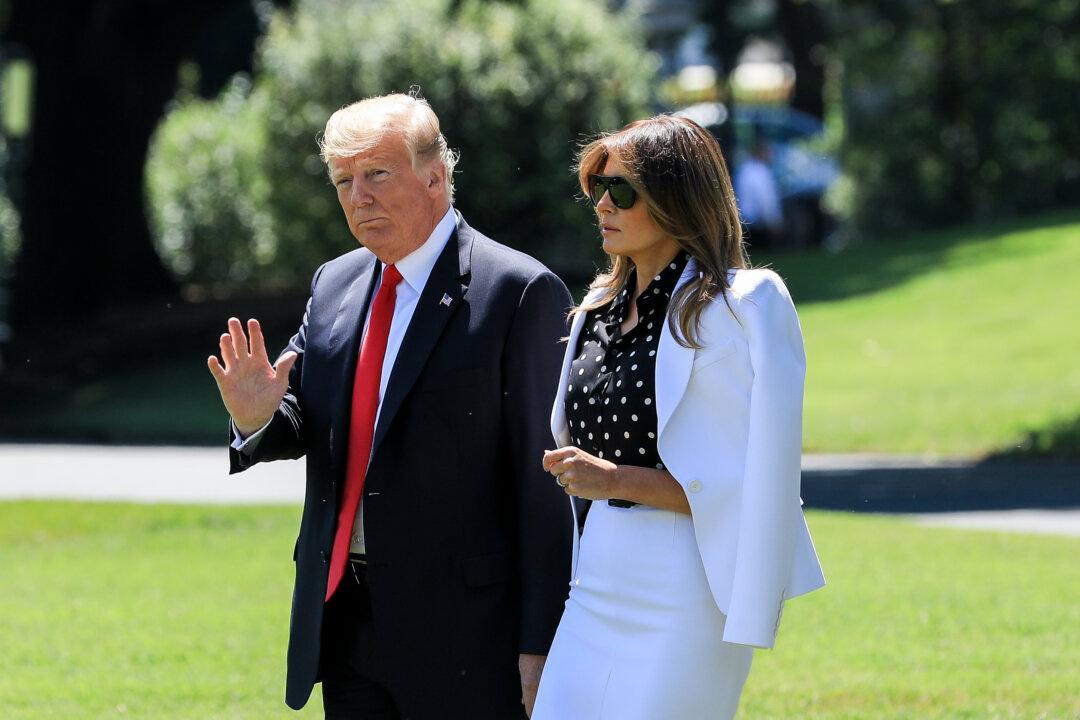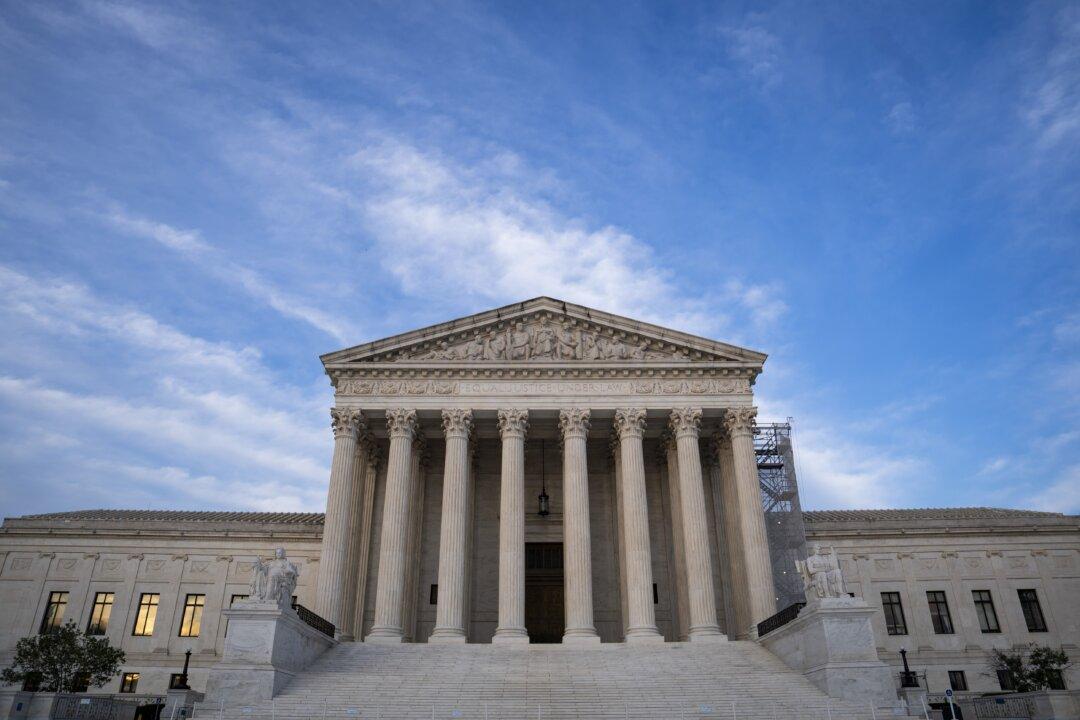Commentary
Because my day job involves helping industry deal with environmental regulations, I am frequently asked whether the Trump administration’s environmental policies have hurt my business. It’s a question that is almost always asked when a Republican occupies the White House, because of the mistaken impression that presidents from the GOP allow the “dirty-rotten polluters” to get away with murder.





